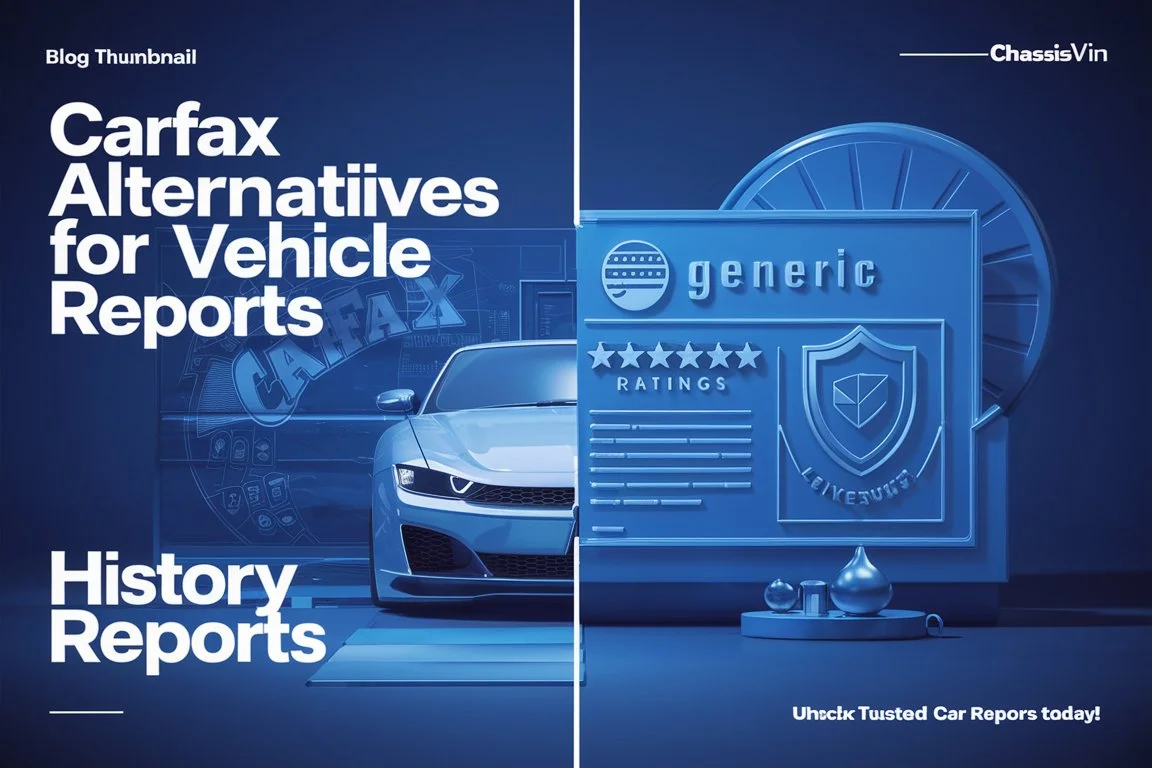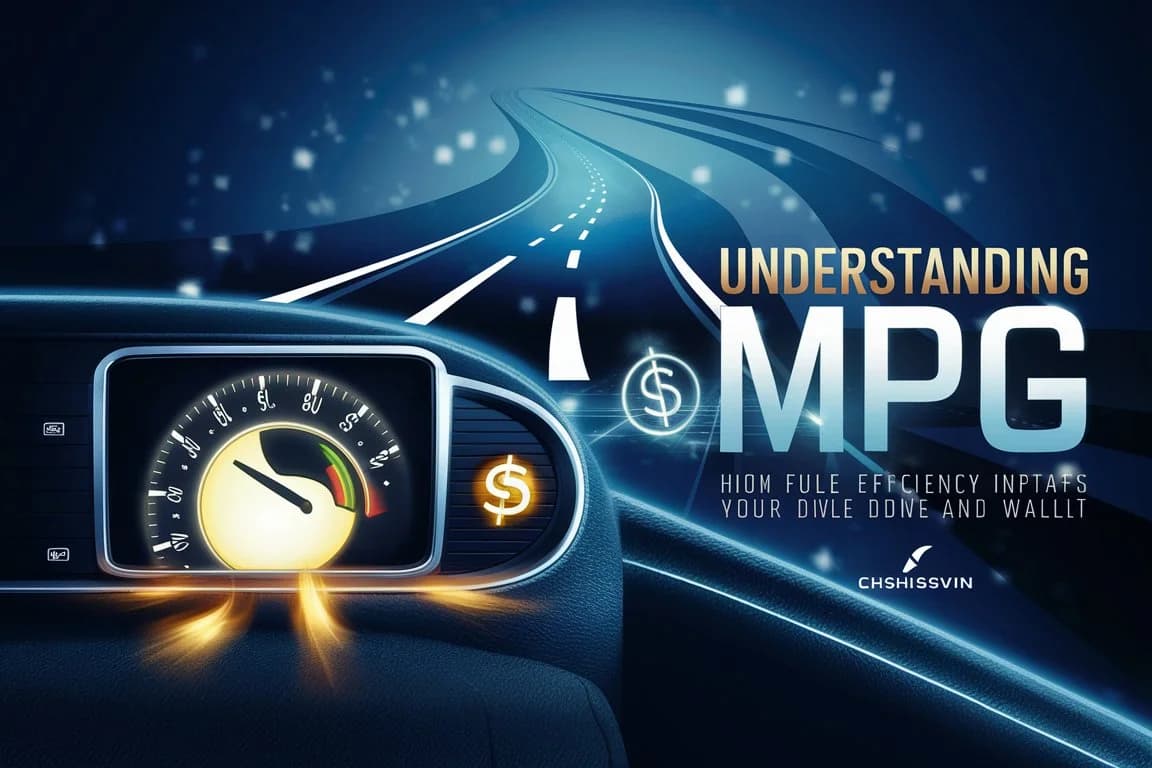The Pros And Cons Of Hybrid Cars That You Need To Know
Discover the advantages and disadvantages of hybrid cars. Learn about their impact on the environment, cost-effectiveness, and how they compare to gas-powered vehicles.
Pros and cons of hybrid cars summarized
Hybrid cars have become increasingly popular as consumers look for more sustainable and cost-effective transportation options. However, owning a hybrid vehicle comes with its own set of advantages and disadvantages. Below, we summarize the key points to help you decide if a hybrid car is the right choice for you.
- Pros: Environmentally friendly, cost savings on fuel, quieter operation, lower maintenance requirements, and no range anxiety.
- Cons: Higher initial costs, potentially expensive repairs, and questions about overall environmental impact.
Pros of hybrid cars
Hybrid cars are praised for their numerous advantages, making them a popular choice for eco-conscious and budget-savvy drivers. Let’s explore these benefits in detail:
Hybrid cars are environmentally friendly
One of the primary benefits of hybrid cars is their reduced environmental impact compared to traditional gas-powered vehicles. By using both a gasoline engine and an electric motor, hybrids emit fewer greenhouse gases, contributing to cleaner air and a healthier planet. This makes them a great choice for eco-conscious drivers looking to lower their carbon footprint.
To understand more about reducing emissions, check out EPA’s guide on green vehicles.
You can save money with a hybrid car
Hybrid cars typically offer better fuel efficiency than traditional vehicles. The ability to switch between electric and gasoline power means you’ll spend less on fuel, especially during city driving where the electric motor is most effective. Over time, these savings can offset the higher upfront cost of a hybrid car.
Learn more about cost savings with hybrids by visiting FuelEconomy.gov.
Hybrid cars are quiet
Hybrids are significantly quieter than gas-powered cars, especially when running in electric-only mode. This not only reduces noise pollution but also provides a more pleasant driving experience, particularly in urban environments.
Hybrid cars often require less maintenance
The dual power system in hybrids reduces wear and tear on the engine and brakes. Features like regenerative braking, which recaptures energy to recharge the battery, help extend the life of essential components, lowering maintenance costs over time.
You won't experience 'range anxiety' with a hybrid car
Unlike fully electric vehicles, hybrids don’t rely solely on battery power. When the electric motor runs out of charge, the gasoline engine takes over, ensuring you won’t be left stranded without a charging station nearby. This makes hybrids a practical choice for long-distance driving.
Cons of hybrid cars
While hybrids offer many benefits, they are not without their drawbacks. Understanding these potential downsides can help you make a more informed decision.
Hybrid cars typically cost more upfront
The initial purchase price of a hybrid car is often higher than that of a comparable gasoline-powered vehicle. This price difference is due to the advanced technology and dual powertrain system used in hybrids. However, incentives like tax credits and rebates can help offset these costs.
When maintenance is needed, it can be more expensive for hybrid cars
While hybrids generally require less maintenance, the specialized components—like the battery pack and electric motor—can be costly to repair or replace. Additionally, not all mechanics are equipped to service hybrid vehicles, potentially leading to higher repair costs.
Hybrid cars are not always as environmentally-friendly as we'd like
Although hybrids are greener than traditional cars, their environmental impact isn’t negligible. The production and disposal of hybrid batteries can contribute to pollution, and hybrids still rely on gasoline, albeit to a lesser extent. To explore these issues further, check out this analysis by the Union of Concerned Scientists.
Power your commute with the sun
One exciting trend is the integration of solar panels into hybrid vehicles. Some manufacturers are exploring solar-assisted hybrids, which use solar power to extend the range of the electric motor. While not yet mainstream, this innovation represents the future of sustainable transportation.
How hybrid cars compare to gas-powered cars
One of the most common questions potential buyers ask is how hybrid cars stack up against traditional gas-powered vehicles. The answer depends on your priorities and driving habits.
Hybrid cars excel in fuel efficiency, particularly in city driving, where stop-and-go traffic allows the electric motor to shine. Gas-powered cars, on the other hand, often provide better performance for highway driving and long-distance travel, especially for those who prioritize acceleration and towing capacity.
Additionally, while gas-powered cars generally have a lower upfront cost, hybrids can save you money on fuel in the long run. Choosing between these options requires weighing your personal needs and financial goals.
Hybrid cars and their impact on urban living
Hybrid cars are particularly well-suited for urban environments. Their ability to operate on electric power at low speeds makes them ideal for city driving, where stop-and-go traffic is the norm. This not only reduces fuel consumption but also minimizes emissions in densely populated areas, contributing to better air quality.
Moreover, hybrids’ quieter operation makes urban areas more pleasant by reducing noise pollution. For city dwellers who frequently face rising fuel prices and congestion, hybrids offer a practical and eco-friendly solution.
To further explore the benefits of hybrids in cities, check out the U.S. Department of Transportation’s resources.
Advancements in hybrid car technology
Hybrid technology has come a long way since its inception. Modern hybrid vehicles feature cutting-edge innovations such as plug-in capabilities, which allow drivers to charge their cars at home or at public stations for extended electric-only driving ranges.
Other advancements include improved battery efficiency, lighter materials for better fuel economy, and smart systems that automatically optimize energy use based on driving conditions. These improvements have made hybrids more reliable and cost-effective, appealing to a broader audience.
As research and development continue, we can expect even greater innovations, such as wireless charging and enhanced integration with renewable energy sources like solar and wind.
Are hybrid cars a good choice for long-distance travel?
Hybrid cars are an excellent option for long-distance travel, thanks to their dual powertrain system. While electric vehicles may face range limitations, hybrids use gasoline engines to ensure you can travel hundreds of miles without the need for frequent stops to recharge.
For highway driving, hybrids often provide a balance of fuel efficiency and performance. However, the advantage depends on the type of hybrid. Plug-in hybrids with larger battery packs may offer significant savings on fuel costs for shorter trips but rely more on their gasoline engine during extended journeys.
For those who frequently travel long distances, researching models with advanced fuel efficiency and comfort features is key to maximizing the benefits of a hybrid vehicle.
How hybrid cars affect resale value
Resale value is an important consideration for any car buyer, and hybrid cars often hold their value better than gas-powered vehicles. This is largely due to increasing demand for fuel-efficient and environmentally friendly vehicles. Hybrid models from trusted brands with proven reliability tend to perform particularly well in the used car market.
However, the resale value can be influenced by factors like battery health and the availability of incentives for new hybrid purchases, which might affect the demand for used models. Keeping your hybrid well-maintained and tracking the market trends can help you secure a strong resale price when it's time to upgrade.
Our Services
Window Sticker
Print window sticker for your vehicle
VIN Decoder
Decode any vehicle manufacturer
Classic VIN Lookup
Decode VINs for classic and vintage vehicles
License Plate Lookup
Search license plate information
VIN Check
Decode any vehicle in US states
Build Sheet by VIN
Get detailed build sheet for your vehicle
Dealers
Unlimited vehicle history reports
Paint Code by VIN
Find your vehicle's exact paint color code
VIN Explorer
Explore detailed vehicle information by VIN
Warranty Check
Check warranty information by VIN
Vehicle Recalls
Understanding Vehicle Recalls: A Complete Guide

Ethan J. Caldwell
Ethan James Caldwell is a graduate of George Washington University (GW). Born and raised in Washington, Ethan has had a lifelong passion for cars, motorcycles, and all things automotive. From a young age, he was captivated by the mechanics, design, and culture surrounding vehicles, which eventually inspired his career. Ethan currently drives a silver 2005 Honda Accord, a testament to his appreciation for reliable and timeless vehicles.
Frequently Asked Questions
Hybrid cars offer better fuel efficiency, reduced emissions, quieter operation, and lower long-term maintenance costs compared to traditional vehicles.
Yes, for many drivers, the fuel savings and potential tax incentives can make up for the higher initial purchase price over time.
Hybrid cars emit fewer greenhouse gases than traditional vehicles and use less fuel, helping reduce air pollution and combat climate change.
While hybrids typically require less maintenance, specialized components like the battery pack can be expensive to repair or replace.
Yes, hybrid cars can run on electric power alone for short distances, but they rely on gasoline for extended trips or when the battery is depleted.
Our Blog Articles
Discover insights about vehicle history, maintenance, and buying guides

Carfax Alternatives for Vehicle History Reports: Your Best Options
Explore the best Carfax alternatives for vehicle history reports. Get detailed reports on accidents, ownership, and more. Find the right choice for you.

Understanding MPG (Miles Per Gallon) in Cars: A Complete Guide
Learn what MPG means, how it's calculated, and how to improve your car's fuel efficiency. Get the most out of your vehicle's MPG with ChassisVIN.

Explanation of Black Book Car Value: Your Guide to Vehicle Valuation
Understand Black Book car values. Learn how they work, who uses them, and how they compare to other resources. Get the info you need for informed decisions.
